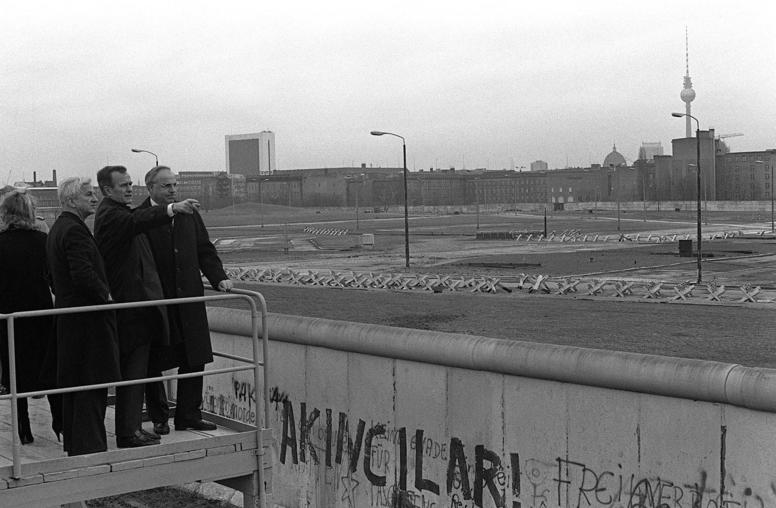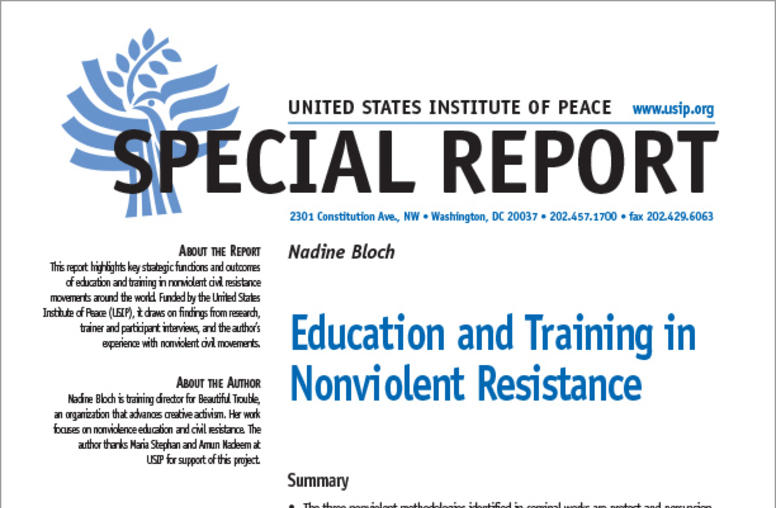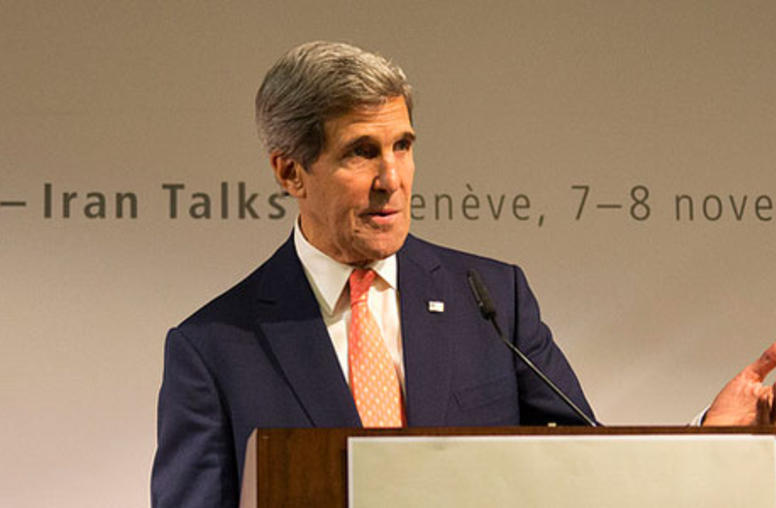Truth Commission: Germany 95
Truth Commission: Study Commission for the Overcoming of the Consequences of the SED Dictatorship in the Process of German Unity
Duration: 1995 - 1998
Charter: Act No. 13/1535
Commissioners: 36
Report: Public report
Truth Commission: Study Commission for the Overcoming of the Consequences of the SED Dictatorship in the Process of German Unity (Enquete-Kommission "Überwindung der Folgen der SED-Diktatur im Prozess der Deutschen Einheit”): 1995-1998.
Dates of Operation: July 1995 - June 1998 (3 years)
Background: The 1995-1998 German study commission was the second parliamentary commission to report on the consequences of the dictatorship of the Socialist Unity Party of Germany (Sozialistische Einheitspartei Deutschlands, SED) after the first study commission completed its work in 1994. The first SED study commission could not report on all aspects of communist rule in East Germany from 1949 to 1989, and therefore members of parliament set up a successor commission to complete the work.
Charter: Act No. 13/1535 (PDF-174KB), June 22, 1995
Mandate: The Study Commission for the Overcoming of the Consequences of the SED Dictatorship in the Process of German Unity was set up to investigate the practices of the East German government between 1945 and the fall of the SED regime in 1989, document human rights abuses that occurred during that time, and assess the politico-historic, economic, ideological, and societal factors of the dictatorship as well as the misuse of environmental resources. These were the same tasks given to the first commission as well, but it was determined that more time was needed to complete the work.
Commissioners and Structure: The study commission was comprised of thirty-six members of parliament, divided into nine thematic working groups. The commission was headed by East German Parliamentarian and human rights activist Rainer Eppelmann. The members were selected by the parliament.
Report: The second SED study commission published a 14 volume final report with more than 15,000 pages as well as an intermediary report on the establishment of a permanent foundation. The intermediary report was released on October 8, 1997 and the final report was presented to the parliament on June 10, 1998. Nomos/Suhrkamp published he commission’s report in hard copy (see sources).
Findings:
Conclusions
- The final report analyzed the structural conditions and perspectives of the reunited German Republic to overcome the repressive past of the SED dictatorship. The volumes focused on economic, social and environmental policies as well as education, science, culture and daily life in East Germany.
- In contrast to the first study commission’s report, the second commission’s report focused on everyday aspects of repression, such as blanket discrimination against women and the severe restrictions on consumption of goods, as opposed to more violent atrocities.
Recommendations
- The commission recommended the use of national holidays, memorials, documentation centers, and the mapping of government buildings used by SED institutions to educate the public about past abuses.
- The intermediary report recommended the establishment of a permanent independent foundation to promote and support projects focusing on investigations of the communist past, preserve archives and provide psychological and legal assistance for victims of political persecution.
Subsequent Developments:
Reparations
- The Bundestag (German Parliament) approved the establishment of the suggested government foundation devoted to the examination and reappraisal of the Communist dictatorship in East Germany (Stiftung zur Aufarbeitung der SED-Diktatur) on June 5, 1998.
- In June 2000, the Berlin House of Representatives approved a law to establish a memorial at a former detention facility in Berlin-Hohenschönhausen. A foundation was mandated to investigate the history of the facility between 1945 and 1989 and inform the public about acts that took place there and their consequences.
- On August 21, 2007, the German Bundestag adopted a law providing for further reparations for former political prisoners during the SED dictatorship. The Stiftung zur Aufarbeitung der SED-Diktatur participated in the drafting of the law and is pursuing efforts to expand the existing reparations programs to other victims groups; such as those whose health was impaired or those who were persecuted as students. The foundation also provides psychological and legal assistance for victims of political persecution.
Special Notes: The second commission’s report included “Sondervoten” just as the first commission. “Sondervoten” or “special votes” were expressions of individual commissioners’ own assessments if they dissented with the views of the majority of commissioners.
Sources:
Eckhard, Jesse. "Zwischen SED-Diktatur Und Deutscher Einheit - Dickleibiges Werk Der Enquête-Kommission." Neue Zürcher Zeitung, 2001. (accessed June 10, 2008).
Errichtungsgesetz Der Stiftung Zur Aufarbeitung Der SED-Diktatur Bundesunmittelbare Stiftung Des Öffentlichen Rechts. June 12, 1998. Bundestag. Bundesgesetzblatt ed. Vol. Teil 1. Bonn: 1998. Available at http://www.stiftung-aufarbeitung.de/errichtungsgesetz-1081.html (accessed October 26, 2011).
Germany. Bundestag. Materialien Der Enquete-Kommission "Überwindung Der Folgen Der SED-Diktatur Im Prozess Der Deutschen Einheit": (13. Wahlperiode Des Deutschen Bundestages). Baden-Baden; Frankfurt am Main: Nomos; Suhrkamp, 1999.
Hayner, Priscilla B. Unspeakable Truths: Facing the Challenge of Truth Commissions. New York: Routledge, 2002.
Kritz, Neil J. and Nelson Mandela. Transitional Justice: How Emerging Democracies Reckon with Former Regimes. Vol.3, Laws, Rulings, and Reports. Washington, DC: United States Institute of Peace Press, 1995, 286-289.
Kuhn, K. "Materialien Der Enquete-Kommission, Überwindung Der Folgen Der SED-Diktatur Im Prozess Der Deutschen Einheit"." Historische Zeitschrift 274, (2002): 542-545.
McAdams, A. James. Judging the Past in Unified Germany. Cambridge, UK; New York: Cambridge University Press, 2001.
Mählert, Ulrich. "Die Enquete-Kommission Des Deutschen Bundestages „Überwindung Der Folgen Der SED-Diktatur Im Prozeß Der Deutschen Einheit“." Aktuelles Aus Der DDR-Forschung 1996, no. 3. (accessed June 10, 2008).
Peterson, Trudy Huskamp. Final Acts: A Guide to Preserving the Records of Truth Commissions. Washington, D.C.; Baltimore: Woodrow Wilson Center Press; Johns Hopkins University Press, 2005. Available at http://www.wilsoncenter.org/book/final-acts-guide-to-preserving-the-records-truth-commissions (accessed October 26, 2011).



